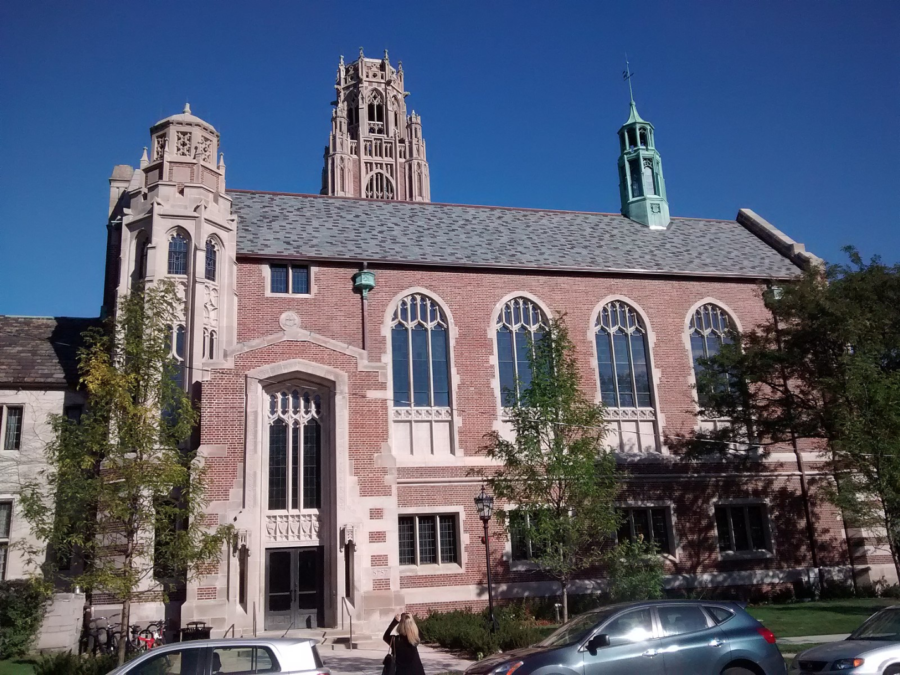


The potential impact of a second Trump administration on higher education is a topic of increasing concern and analysis. A recent post by Bryan Alexander discusses key points from Project 2025, specifically pages 717-823, which outline various economic policies that could significantly affect the higher education landscape in the United States. Among the proposals, Veronique de Rugy advocates for the abolition of the Export-Import Bank (EXIM), arguing that 98% of exports do not rely on EXIM financing. Conversely, Jennifer Hazelton calls for enhancements to EXIM to better compete with China's economic strategies. [d7a9988f]
Matthew G. Andersson argues that Trump's economic strategy is heavily influenced by the Chicago school of economics, particularly Milton Friedman's views on the connection between economics and politics. Trump's use of tariffs is presented as a market-based tool to encourage fair trade and domestic investment. This approach contrasts sharply with the progressive left, which is described as lacking a coherent economic theory. The historical success of the 'Chicago Boys' in Chile is highlighted as a model for economic reform, emphasizing the importance of competition and market incentives in economic policy. [ed110bec]
In parallel, S. Vaidhyasubramaniam discusses a different interpretation of the MAGA spirit, focusing on academic aspirations in India. The concept of 'My Academia Great Again' (MAGA) aims to position India as a 'vishwa guru' in university education, reflecting a desire for leadership in global academic standards. This contrasts with Trump's MAGA, which is rooted in political and economic nationalism. The article highlights the Gini coefficient as a measure of wealth distribution disparity, suggesting that an academic Gini could reflect the autonomy and governance structures within higher education. [91575446]
Additionally, Paul Winfree critiques the Federal Reserve's expanded role in the economy, suggesting a return to banking practices that were in place before the Civil War. Karen Kerrigan raises concerns about the Small Business Administration (SBA), criticizing its management and calling for a review of COVID-era loans. These discussions reflect a broader debate about the direction of U.S. economic policy and its implications for various sectors, including higher education. [d7a9988f]
Peter Navarro, a prominent figure in Trump's economic circle, continues to advocate for 'fair trade' policies, which include imposing increased tariffs against China. Navarro's stance is met with opposition from others, such as Kent Lassman, who defends free trade and diplomatic engagement as essential strategies. Navarro also expresses concerns about the presence of over 300,000 Chinese students in U.S. universities, labeling them as a potential security threat. This perspective raises questions about the future of international students in American higher education and how economic policies could influence their enrollment. [d7a9988f]
The reading from Project 2025 highlights how these economic policies could affect funding for higher education institutions and job markets for graduates. As the political landscape shifts, the implications of these proposed changes could reshape the educational environment and the opportunities available to students. The post concludes with discussion questions for readers, encouraging them to reflect on the potential consequences of these economic strategies on higher education. [d7a9988f]